Key Points
- Credit counseling agencies offer many services, including bank approved credit counseling, financial education courses, and supervised debt management plans (DMPs) to assist consumers in paying off unsecured debts.
- If you qualify for a DMP, the credit counseling agency will consolidate your qualifying debts into a single monthly payment. Counselors will also attempt to negotiate lower fees and interest on some of your accounts.
- Through the repayment program you will repay your debt balances in full over a four- or five-year period plus some interest in addition to the current balance at the time you enroll in the program.
- Not all creditors work with all credit counseling agencies, so some of your debt may not qualify for the program.
- When you enroll your accounts, you will be required to close all enrolled accounts, which will negatively impact your credit score by reducing the average age of your credit history and possibly raising your utilization rate.

Do you view debt as necessary? Something you must incur to achieve economic advancement?
When you utilize loans for advanced educational pursuits and major purchases such as a car or home, it becomes easier to justify using credit cards to fund your lifestyle. Whether you accumulated high debt balances due to unemployment, a medical emergency, or living beyond your means, the results are the same. You end up with high debt balances charging double-digit interest that compounds daily, the lifetime impact of which can be financially devastating.
When debt balances grow to a level where you can barely manage the minimum payments, it could be time to seek professional help, even before you miss a payment. You want to do the right thing, but you also want to end the high-interest debt cycle and regain control of your finances.
When it comes to legitimate, proven debt relief strategies, you have three primary options available to you: credit counseling, debt settlement, or bankruptcy. This article will explain how credit counseling works as one option to eliminate high-interest unsecured debt.
The Goal of Credit Counseling
Nonprofit credit counseling agencies seek to educate consumers on debt-related issues, provide debt management and financial counseling services, and assist consumers with debt reduction through debt management plans that are approved by many credit card issuers.
How Credit Counseling Works
Your initial contact with a credit counseling agency includes a free financial review. During the consultation, your certified counselor will take an in-depth look at your finances, discussing income, assets, expenses, current debt levels, and a review of your credit file.
If you qualify, you may enroll in a debt management plan or DMP. With a DMP in place, the credit counselor will contact creditors on your behalf requesting lower accrued fees and interest rates along with establishing an acceptable repayment plan, usually over a period of 5 years or less depending the amount of debt you have and your ability to repay that debt. You then make a single monthly payment to the credit counseling agency, which then pays your creditors according to the repayment plan.
DMPs typically last no more than five years. Because of this, you must have enough income to repay the current balance in full plus some interest. For this reason, many people find it extremely difficult to qualify for a DMP provided by credit counseling agencies.
Benefits of a Credit Counseling Program
- A Debt Management Plan (DMP) consolidates multiple unsecured debts into a single monthly sum, simplifying repayment. The credit counseling agency distributes payments based on the terms of your DMP.
- You will gain access to free resources to increase financial education on debt and money management, buying a home, preventing foreclosure, and other pertinent financial topics.
- You will have access to low-cost courses required to qualify for other credit services such as bankruptcy, or a reverse mortgage.
Drawbacks of Credit Counseling
- You must repay 100% of the debt owed, requiring higher monthly payments than you are currently making.
- Not all creditors work with all credit counseling agencies and may not participate in the DMP in which you enroll.
- Creditors are not required to waive fees or lower interest rates on accounts. Regardless, many will lower interest rates, but you are still required to repay the full plus the adjusted interest over a 5-year period or less.
- You will be required to close all accounts enrolled in the Debt Management Plan (DMP).
- Enrolling in a credit counseling program often results in a lower credit score, making it more challenging to obtain new debt, even though you are repaying the full amount owed.
- If you fail to keep up with the payments, the creditor can demand the remaining balance in full plus any waived fees or interest.
- Participants have no control over payment distributions, which could lead to late payments to creditors.
Who is Best Suited for Credit Counseling?
Credit Counseling is best suited for those who can continue to make the current level of debt payments, but struggle to keep up with multiple bills each month. The simplified approach requires a single payment rather than a bill from each creditor.
Credit counseling does not require you to enter a debt management program. Courses could meet requirements for other programs such as bankruptcy or down payment assistance to purchase a home.
You can save money through lower interest and waived fees. However, because credit counseling requires you to repay the full balance establishing a debt management plan requires more money than other debt-relief options such as debt settlement.
